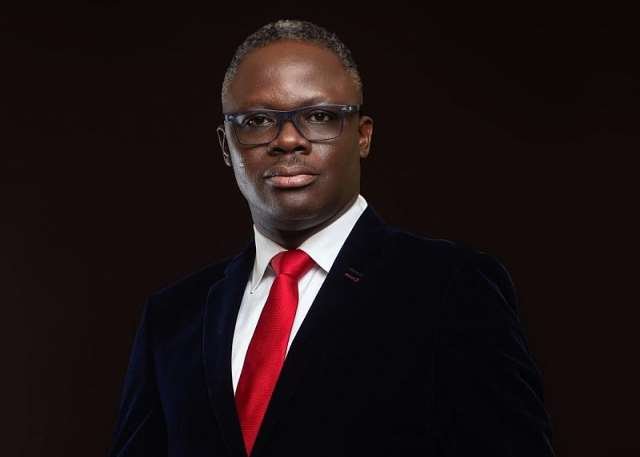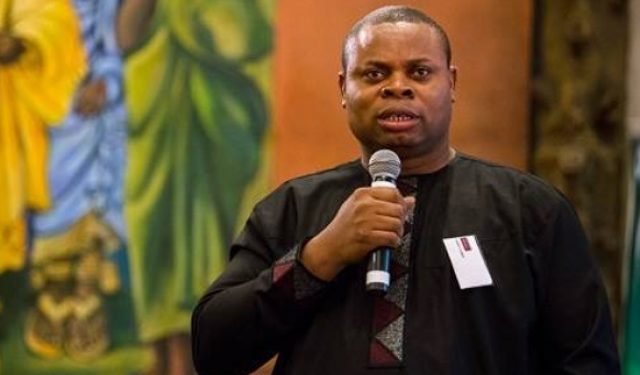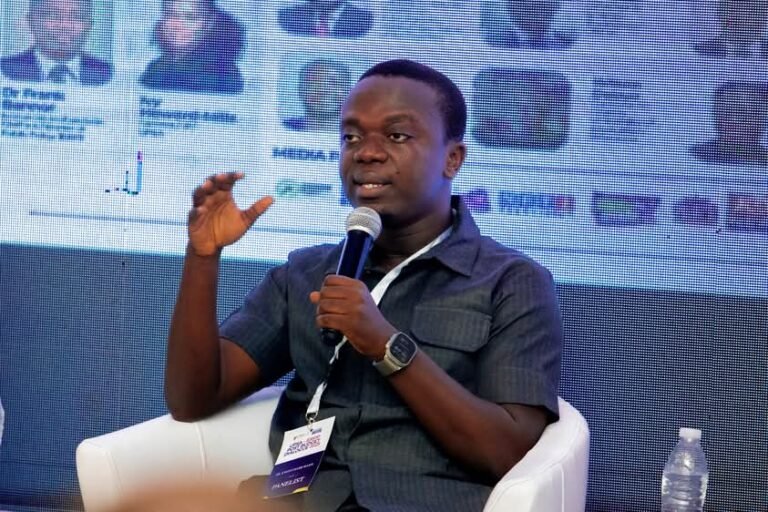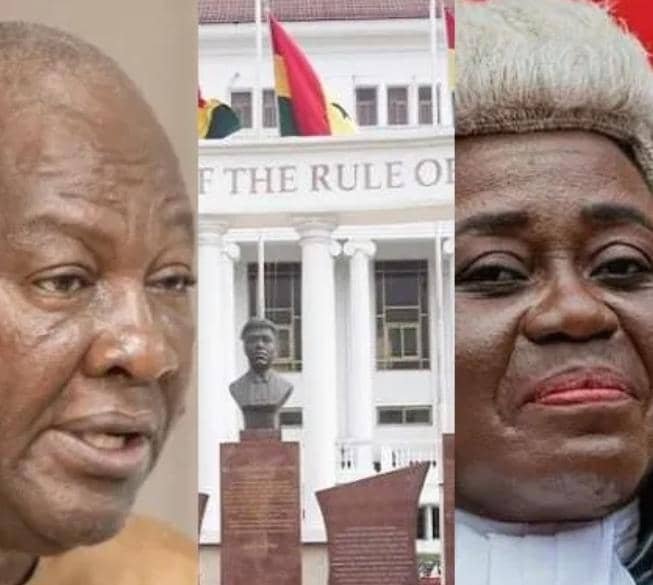
Prof. Kwesi Botchwey
A former Minister of Finance, Kwesi Botchwey, has rejected the idea of borrowing money from international financial agencies such as the International Monetary Fund (IMF) to revive Ghana’s economy.
Delivering a public lecture on the theme “On the State of the Nation’s Economy and Politics: 65 Years After Independence – The Path to Sustainable Development and Democratic Consolidation”, Prof. Botchwey said the country had made some significant progress since independence.
He maintained that resorting to borrowing to tackle the country’s current economic challenges is not the way to go.
“When money is borrowed, it is required that we put our public finances in a position to settle our debts. When servicing our debts can only be done at the expense of delivering public services, especially to the poor and vulnerable, then we are in trouble,” he said.
He noted that this is the predicament that the country finds itself presently, saying the issue is not whether “we go to the IMF or not”…
“Indeed, we are a sovereign nation, and a proud one at that, and can decide as to whether or not to seek after the IMF. The IMF with all its power and leverage can simply not force a programme on us or any country.
“An important lesson, however, as we all know, is that borrowed money comes always with strings attached. There is no such thing as free money with absolute no conditionalities. Our sovereignty comes with the right to manage or mismanage our economy the way we please,” Prof Botchwey pointed out.
Proposals
Prof. Botchwey further proposed four solutions to the current economic quagmire.
According to him, “it is idle to pretend that we can address our economic issues without some hardship, at least in the short-term”.
“There is simply no silver bullets or magical solution somewhere that can bring lasting relief without some level of pain and sacrifice. The real question is how we distribute this hardship in an equitable or transparent manner,” he stated.
Throwing more light on this, he said it is inequitable, for instance, to have grants of about 1.5 million beneficiaries of LEAP programme unpaid for months “because you are in a crisis and that is not where the hardship to hit”.
In addition, he said the real problem with the country’s public finances is structural, and would require a thorough review of all sources of pressure in the budget, including every flagship programme and its sustainability and impact.
“We must not, for instance, transition temporary spending incurred during the pandemic into permanent public spending, when we are already struggling to collect revenues,” he stated.
Prof Botchwey also emphasised the need to resist the lure of solutions that will further mortgage the future of young generations to come, such as collatoralising public revenue streams.
He further proposed that the country must resist solutions that delay hard decisions, and build consensus around the reforms that are necessary to resolve the nation’s creditworthiness.





